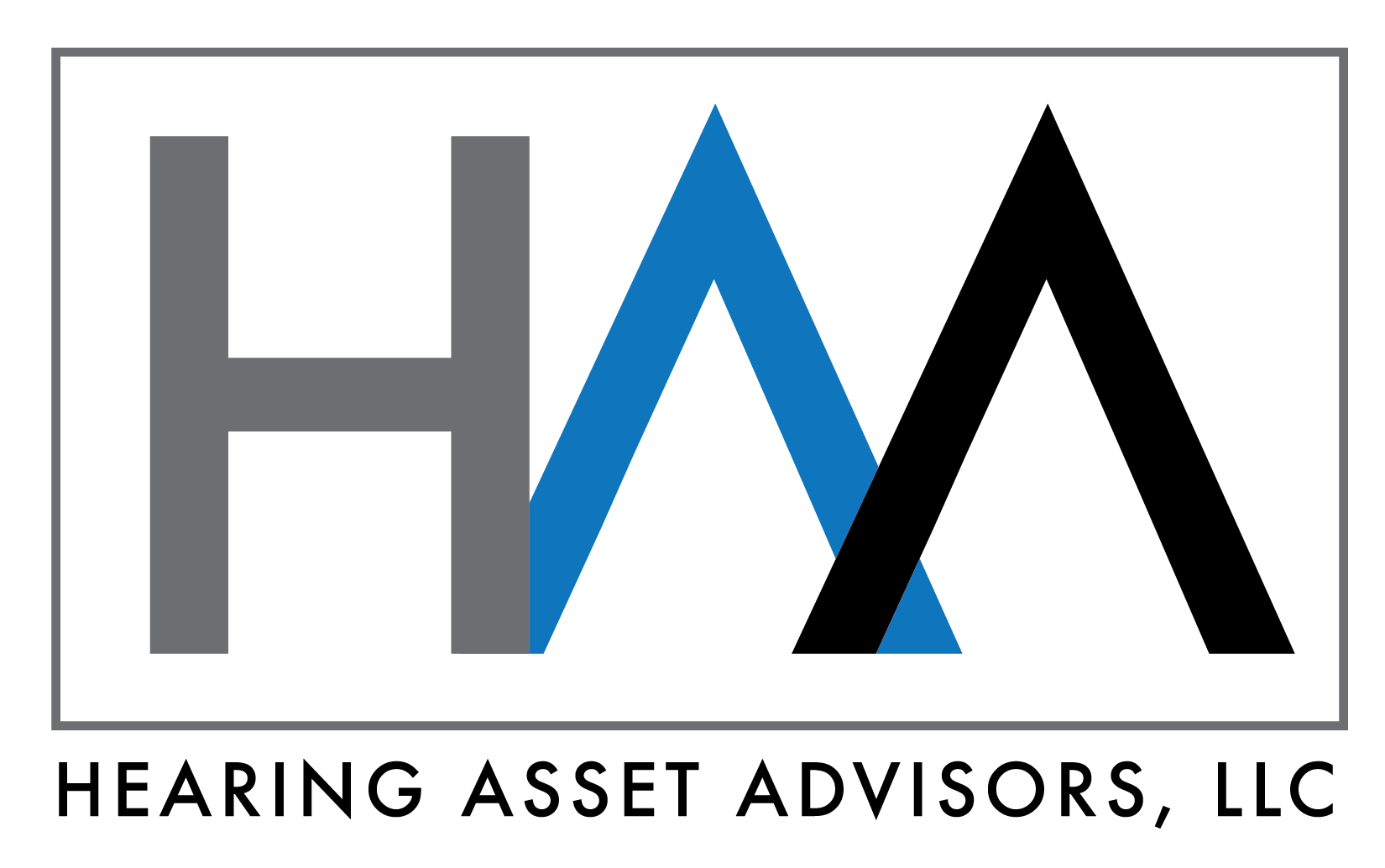The Emotional Side of Selling Your Business

It is easy to get lost in the numbers when it comes to selling your business, but it is important to remember that the numbers only tell one side of the story. Both buying and selling a business come with significant mental and emotional ramifications.
Why is this so critical to understand? Sellers who are not emotionally ready might subconsciously take steps to interfere with the sales process. Typically, sellers have invested a great deal of time and effort into their business, and as a result, they may simply not be truly ready to sell. Before the day comes to put your business up for sale, pause and reflect on whether you are 100% onboard.
Let’s take a look at some of the questions to ask yourself so that you can decide if you are truly ready to sell.
Do You Have Future Plans?
Topping the list of emotional factors that you need to consider when selling are your plans for the future. If you don’t know what your plans are for after selling your business, you may encounter difficulties post-sale.
Far too often, business owners discover that they don’t know what to do with themselves after a sale has taken place. All the mental and emotional effort put into running a business has to be redirected once the business has been sold. It is crucial that before you sell your business, you have something new and exciting to work on in the future.
Do You Have a Strong Support Network?
A second emotional factor to consider before you sell your business is whether or not selling it will lead to social isolation and stress. It is very common for business owners to form long-term friendships and bonds with numerous employees.
Quite often, business owners begin to feel as though their employees are something like extended family. Suddenly not working with that extended family can bring with it a fair degree of social isolation.
It is not uncommon for business owners to have many of their social needs met at work. Once those friendships are gone, many business owners can feel isolated, and isolation can lead to stress and a sense of regret. It is prudent to make sure your social network is robust enough that selling your business doesn’t lead to unexpected mental and emotional stress.
Selling a business is a massive decision for most business owners. It is a prudent move to be sure that you actually do want to sell. Once your business has been sold, there is no turning back.
The last thing any business owner wants is to sell their business only to discover that they regret the decision. Don’t simply focus on the profit to be gained when selling your business, but also on the ramifications of that sale on your life and future happiness.
Copyright: Business Brokerage Press, Inc.
The post The Emotional Side of Selling Your Business appeared first on Deal Studio – Automate, accelerate and elevate your deal making.







































